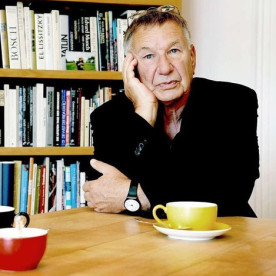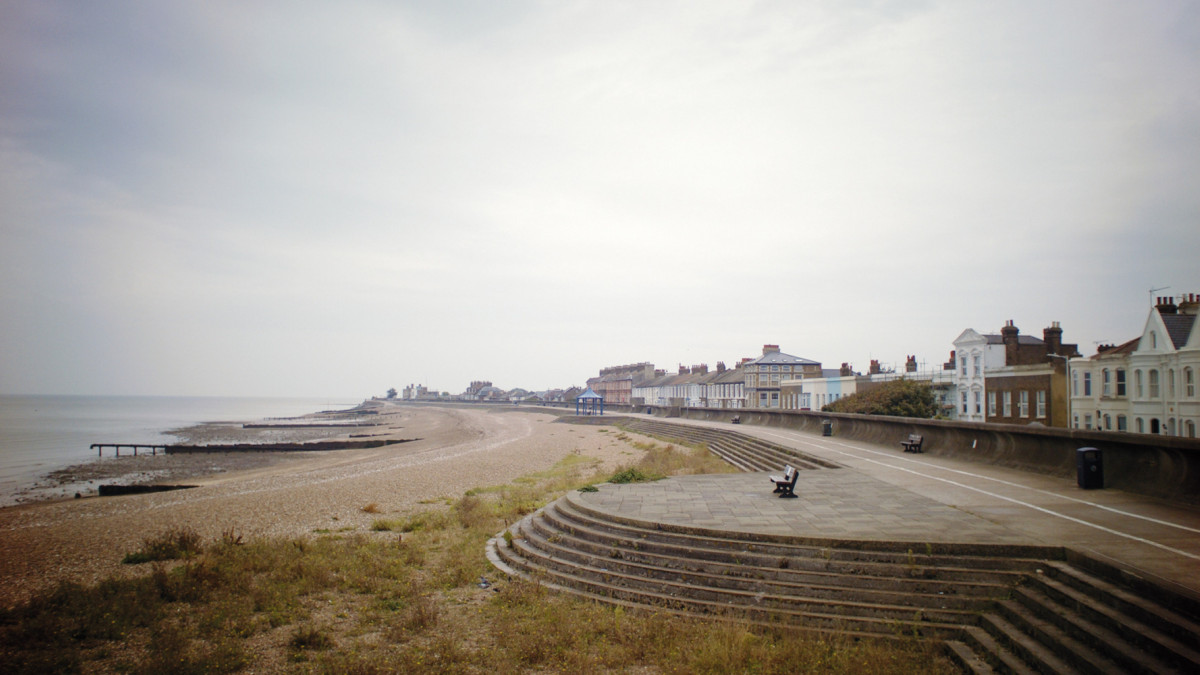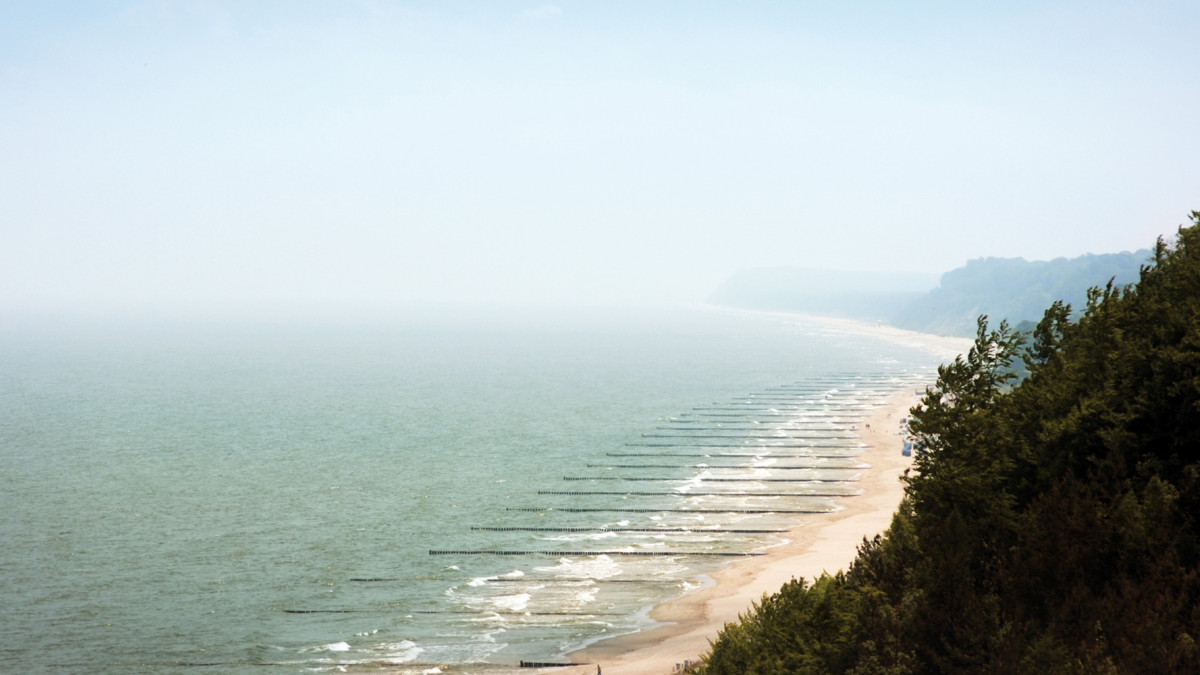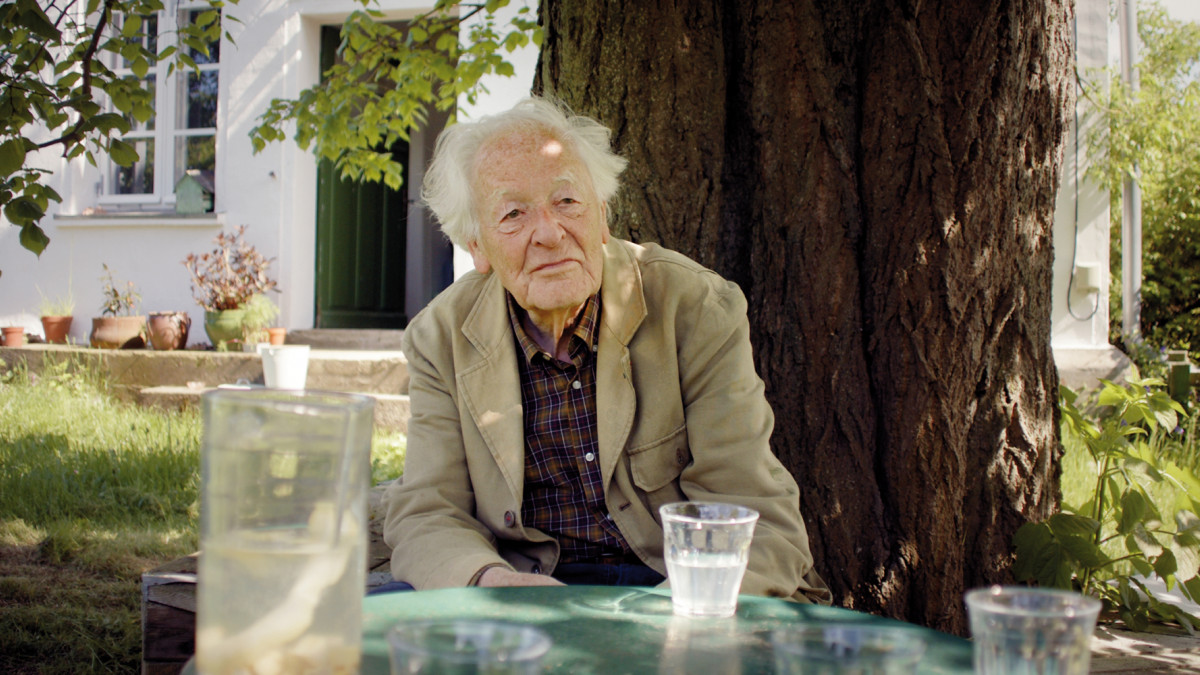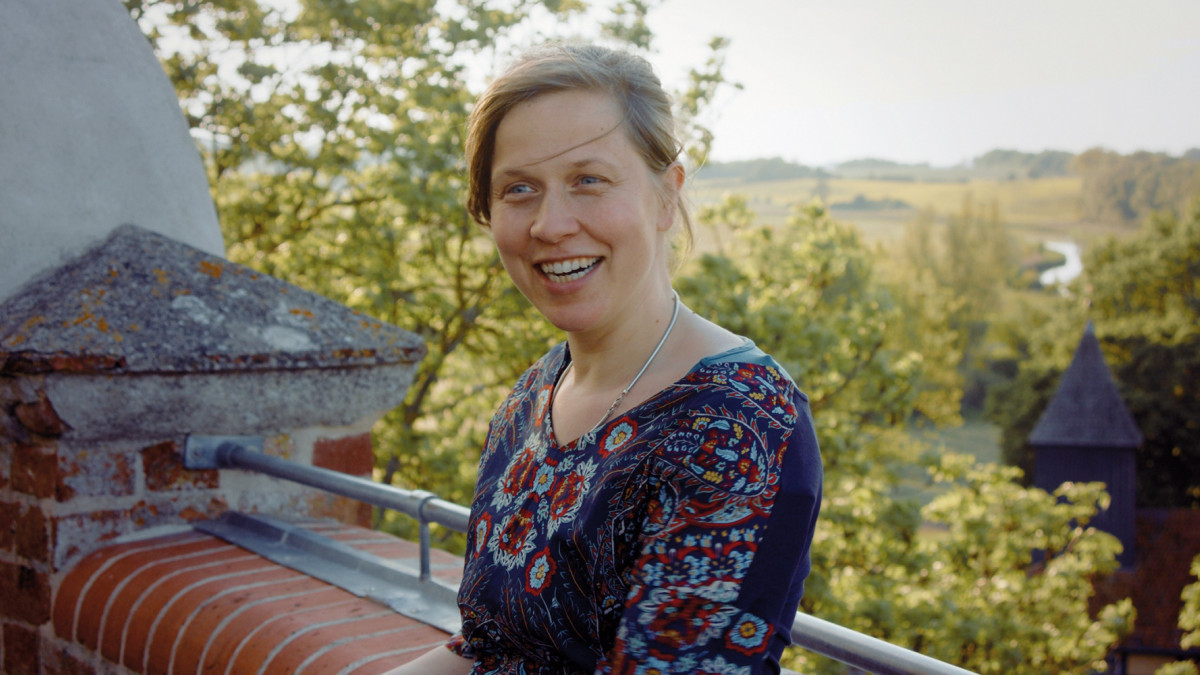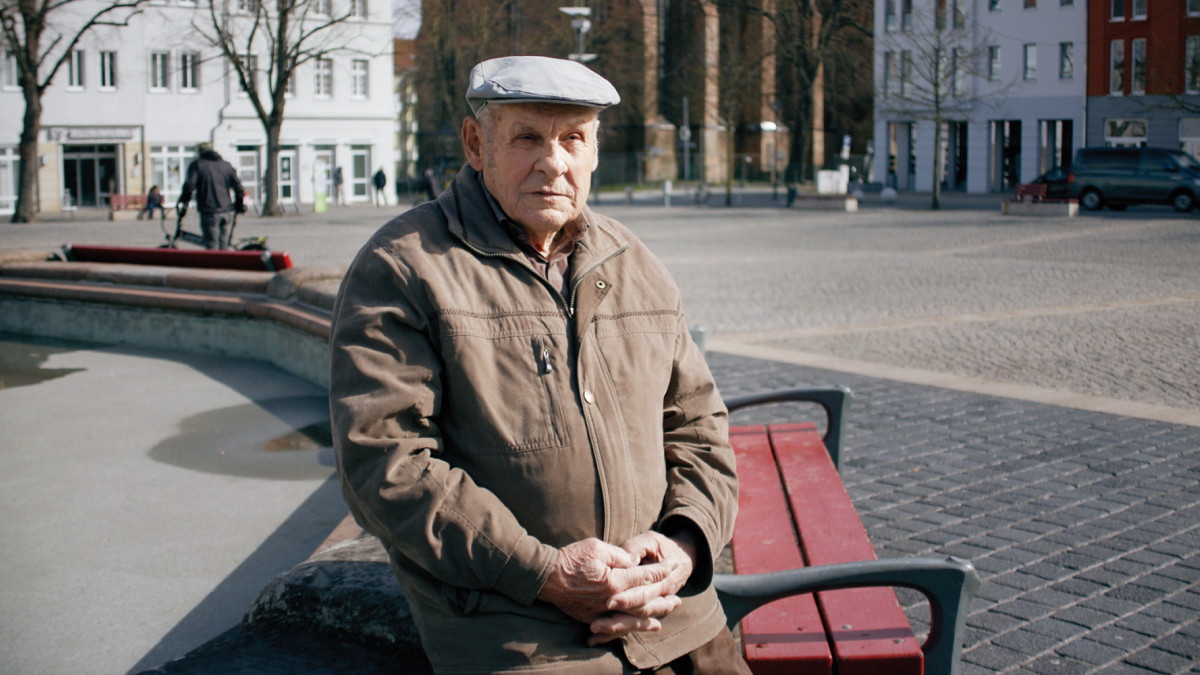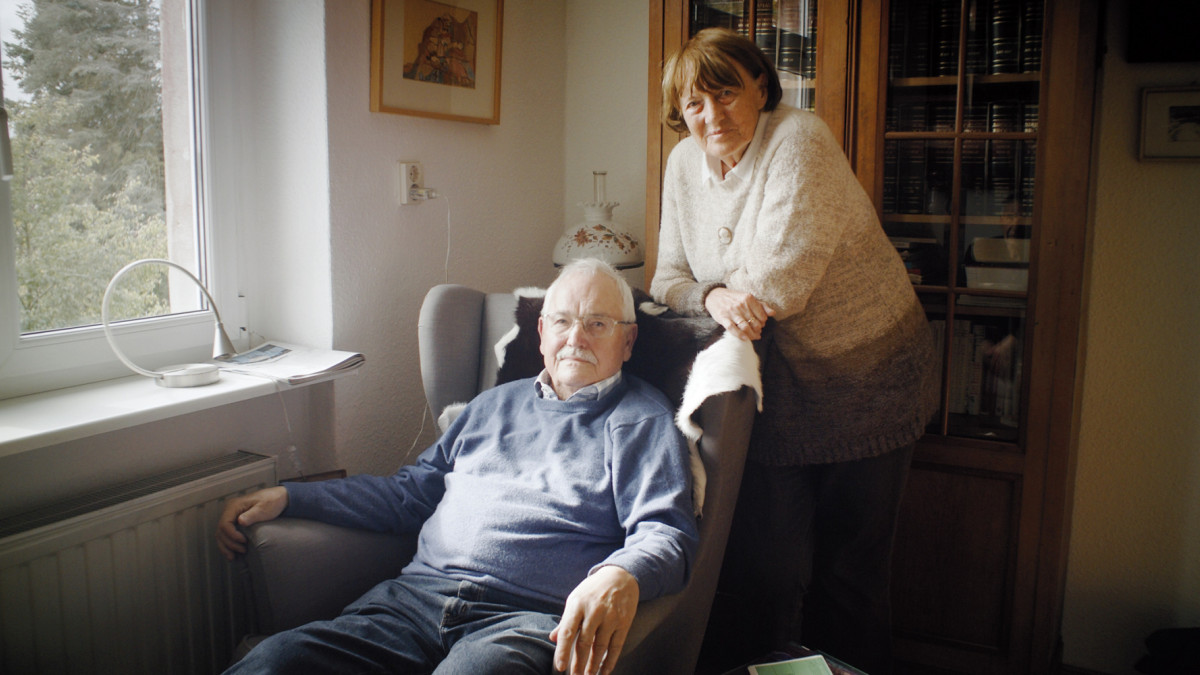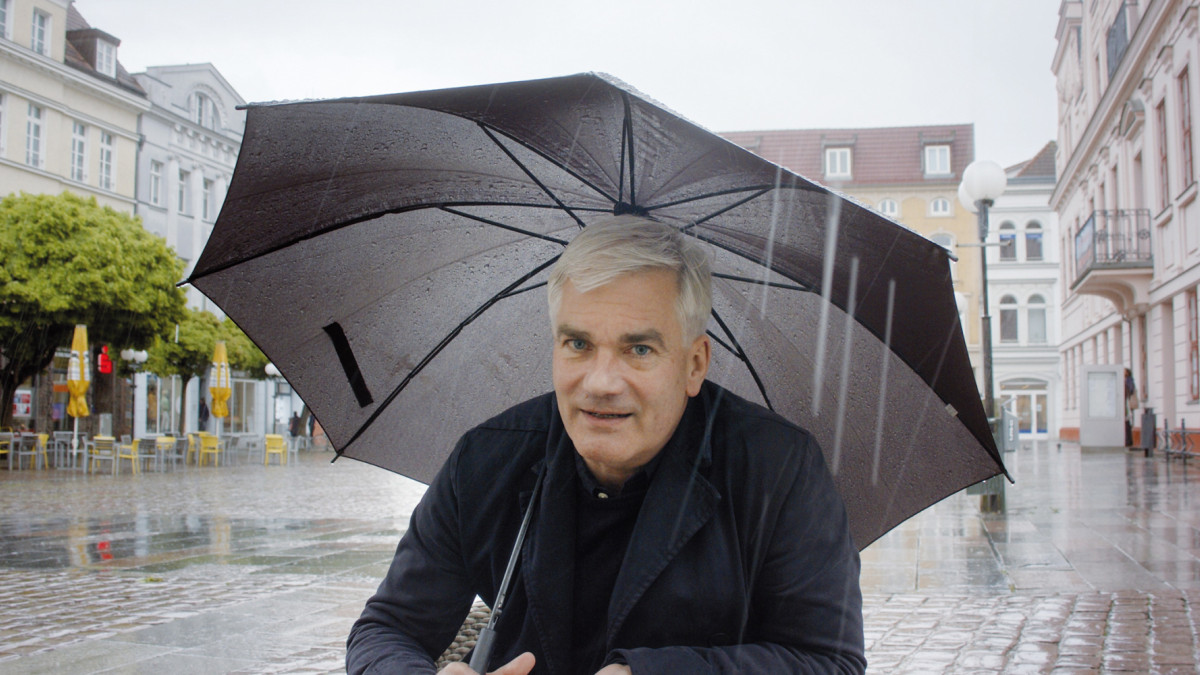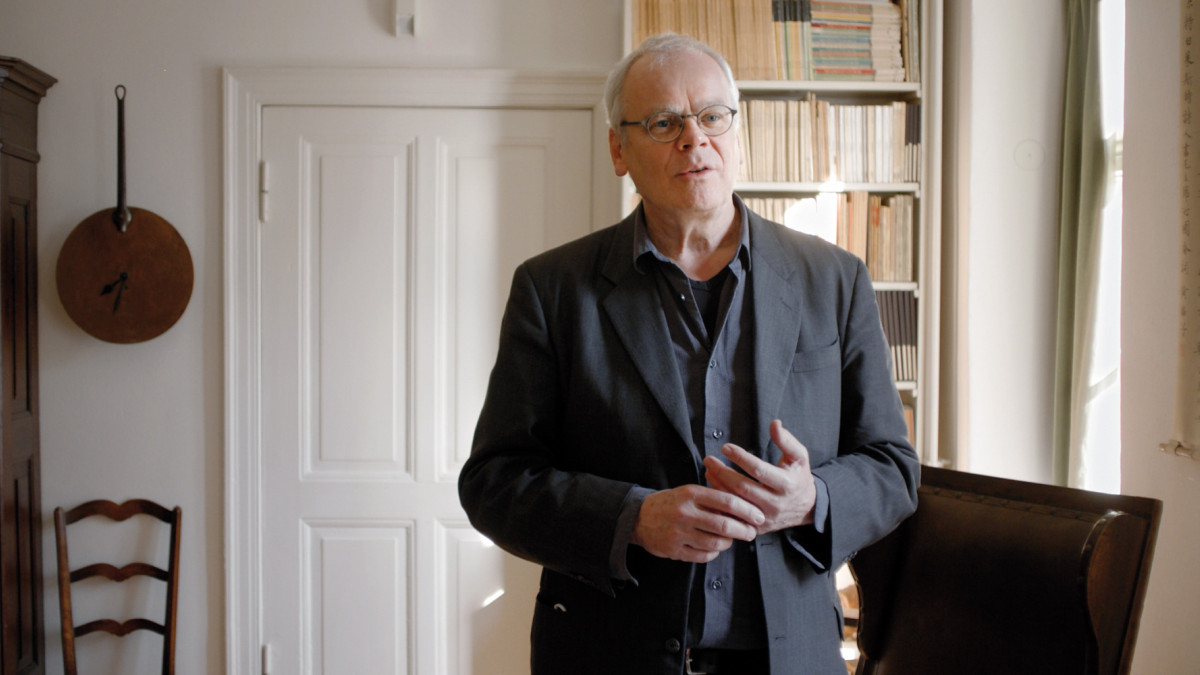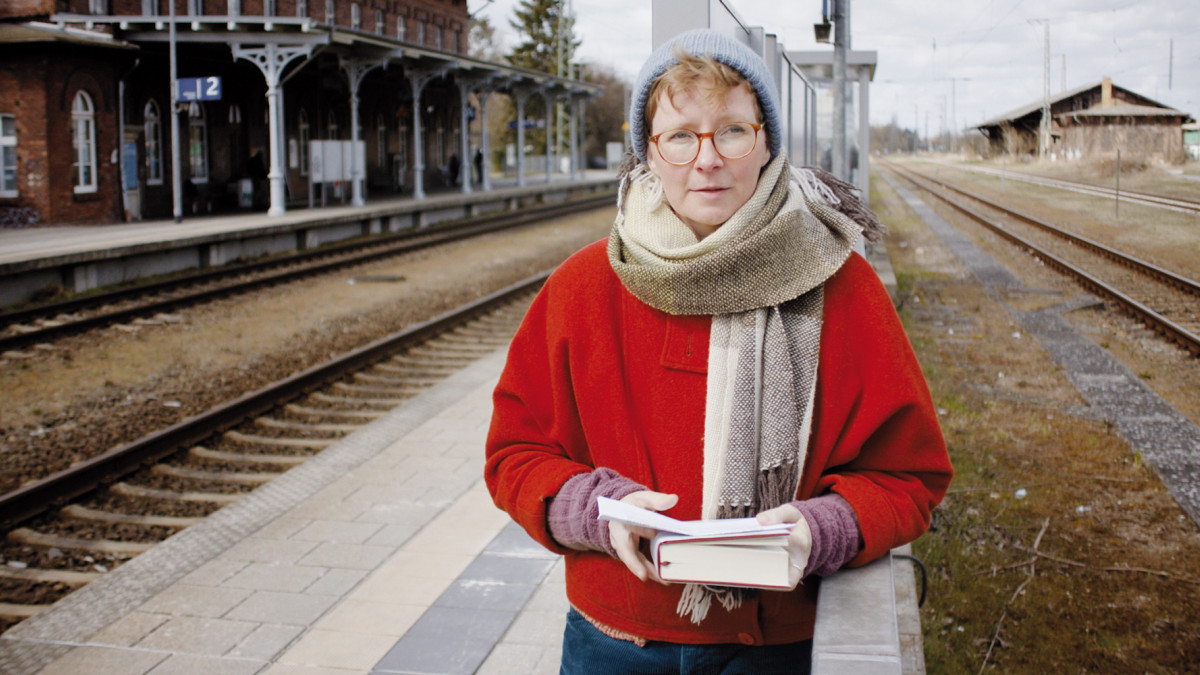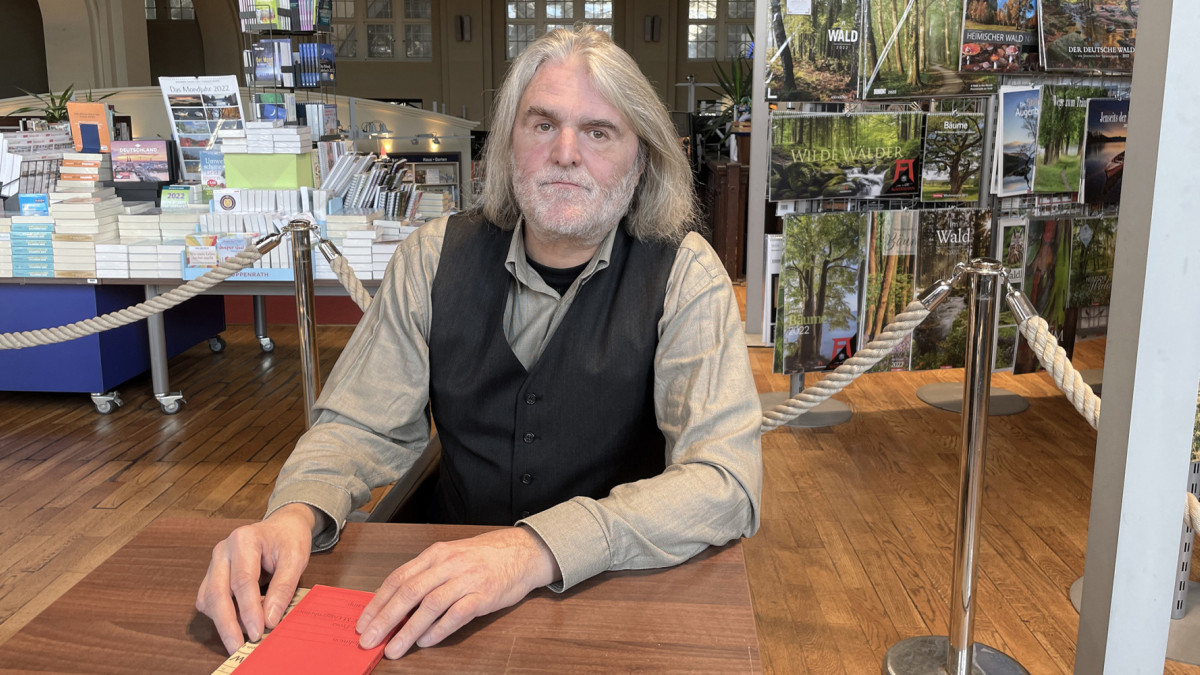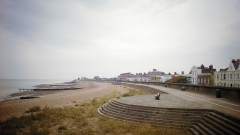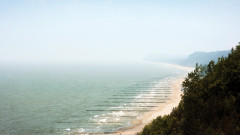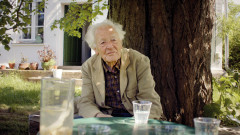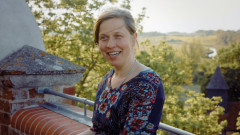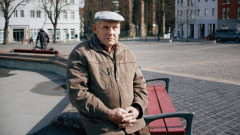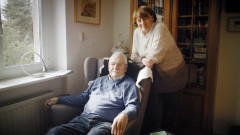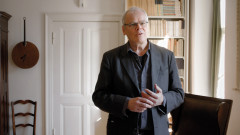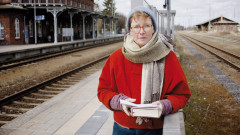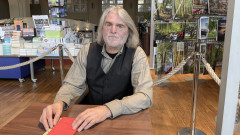Born in Stettin (now Szczecin, Poland) in 1944, and grew up in the former East Germany (GDR). He graduated from the German Academy of Film Art in Potsdam-Babelsberg in 1969, and entered the state-run DEFA Studio for Documentary Films as a director thereafter. When DEFA was dissolved in the wake of German reunification, Koepp began to work as a freelance director, writer, and producer. During the five decades of his career, he shot more than 60 documentaries. He filmed extensively in East Germany, and later also in Poland, Lithuania, Ukraine, and Russia. His earlier works, such as the Wittstock series (1974─1997) and the March Brandenburg Trilogy (1989─1991), document the lives of common people living in the radically changing East German towns with genuine care and compassion. From the mid 90s, Eastern and Central Europe, especially the Baltic coastal region, became another focus of his work. His films tell how people's lives, and the landscapes in which they are living, are impacted by history, economic change, and ecological destruction.
Leaving and Staying
Leaving and Staying
Leaving and Staying
Uwe Johnson's final study in the English town of Sheerness featured a map of Mecklenburg, his childhood home he never revisited post-emigration. Conceived as a geobiography, this film follows Johnson's texts to locations from his life, encountering people and landscapes linked to his work, sometimes closely, sometimes more loosely.
'My re-encounter with the writer Uwe Johnson was special for me: it seemed as if a survivor of the war had tried to write against forgetting. The present in 2018, however, was characterised by historical oblivion and the hopes of the 1990s for a more peaceful world had long since vanished after the apparent end of the Cold War. There had been Chechnya and Georgia, and Russia had recently annexed Crimea…
'This is how I approached the content. Johnson's relationship to the landscapes of his homeland, his coming to terms with the post-war period, his "going and staying." I had already filmed many landscapes in his regions and I often experienced that the people I met in the villages only became at home here after 1945. And I had always pointed out in my films that the north and east of Germany were always particularly affected by the devastation of wars and divisions and that everything was often completely desolate; this was the case from the 30-year war, death and the devil, right up to the effects of the Second World War in the last century. The affinity with Uwe Johnson's world became more and more apparent in many facets. That's why, impressed by the poetic power of Johnson's texts, I wanted to make this film.
'The pandemic caused repeated interruptions after filming began. The current developments of 2020 to 2023 were suddenly very closely linked to Uwe Johnson's work. The dashed hopes of women in Belarus and the announcement of Russian manoeuvres. Finally, on February 24, 2022, the expansion of Russia's invasion to the whole of Ukraine. Now, at the beginning of 2023, it seems as if there had never been an end to the war.' - Volker KOEPP
